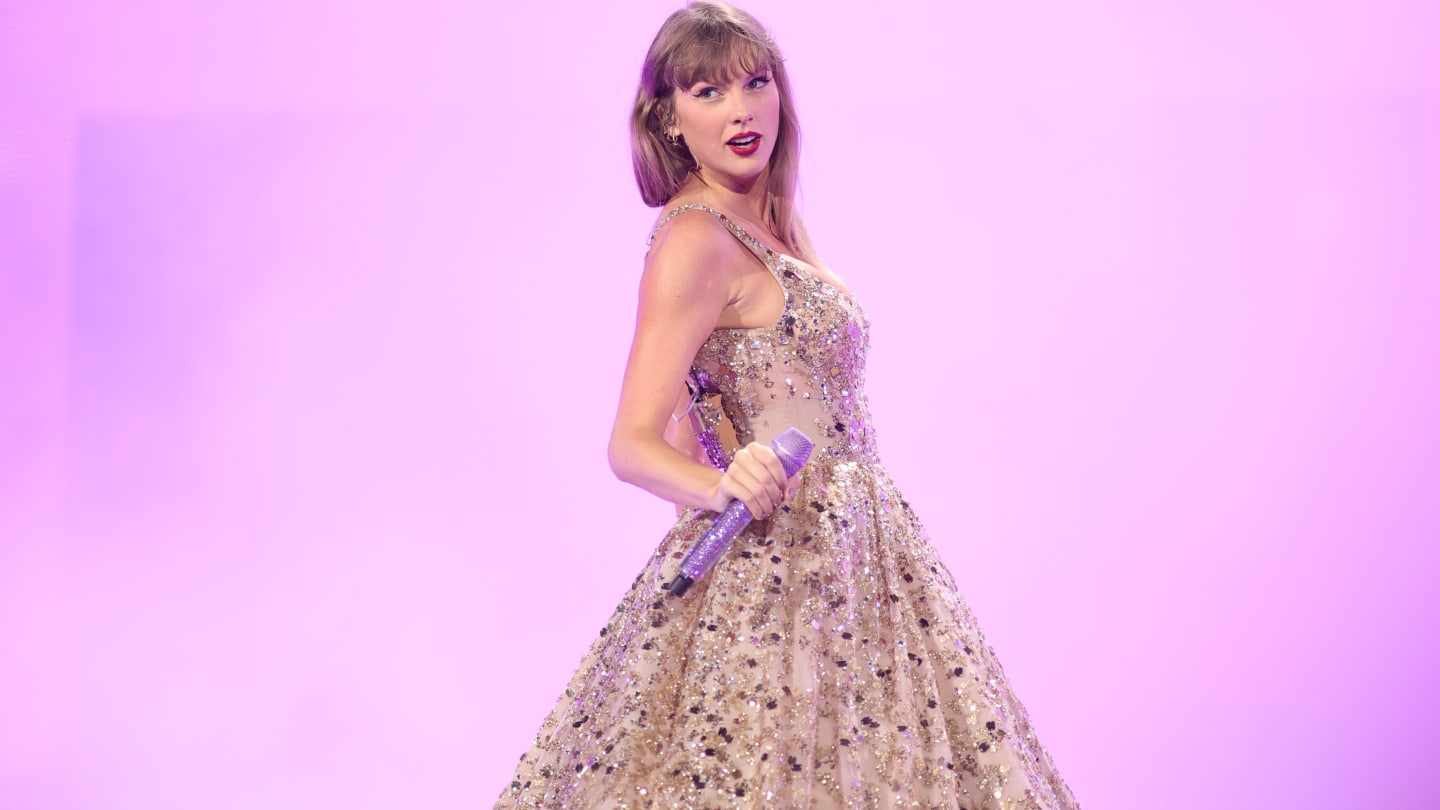University of Colorado Boulder study shows book bans disproportionately affect authors and characters from diverse backgrounds – Boulder Daily Camera

According to a new study from the University of Colorado, book bans disproportionately target women-of-color authors, stories and characters.
Book bans have become fairly commonplace in the polarizing political climate America has experienced over the past decade, but have seen a spike in 2023. According to PEN America, there were 33% more attempts to ban books than in the 2022 school year. CU Boulder doctoral student Katie Spoon and her colleagues examined data showing what types of books are being targeted.
“When we started looking at what was known about the recent wave of book bans, we found that, by and large, there wasn’t much information about it. Not just about what the response had been, but also about what kinds of books were being banned and where,” Spoon said.
Spoon’s study used a list of 2,532 attempted book bans from the 2021-2022 school year that revealed many striking statistics. These bans showed that more than half of all banned books were children’s books, and many of them featured characters of color or historical figures.
“When we looked at the other parts, like what types of books are being banned, we found that it was predominantly children’s books, especially books with diverse characters,” Spoon said.
Their results also show that the books of authors of color are 4.5 times more likely to be banned than white authors. Because women of color often use diverse characters in their works, the results suggest that they are most vulnerable to bans.
These bans are often due to a political agenda and bills, such as the “Don’t Say Gay” bill of March 2022. The study found that 10% of all book bans involve LGBTQ+ characters.
“It’s really about banning people’s identities,” Spoon says. “The idea that that’s protecting children from something that’s not age-appropriate isn’t quite true.”
Spoon said more research is needed into book bans, the intent behind them and their ultimate causes.
“Information censorship is probably not the only motive behind the bans. And this evidence taken together leads us to believe that there is a very strong political motive behind the bans,” Spoon said.
The study can be found at academic.oup.com/pnasnexus/article/3/6/pgae197/7689238?login=false.



